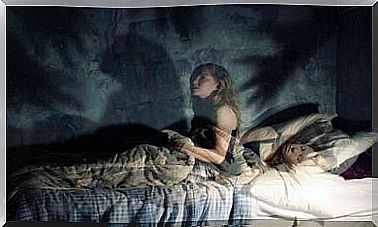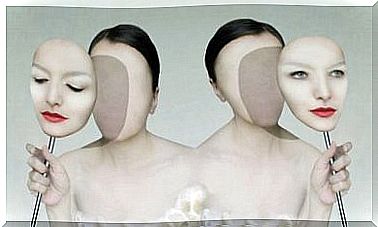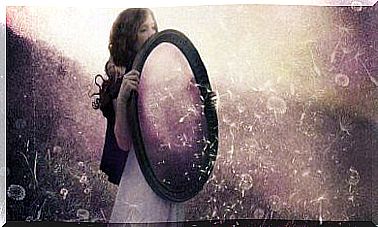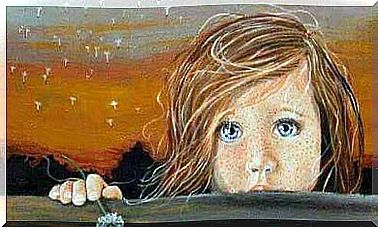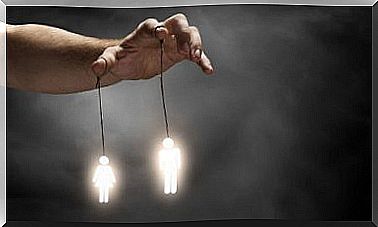Antidepressants And Alcohol: How Are They Related?
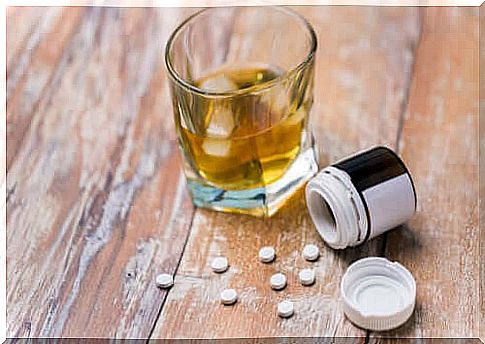
We often ask ourselves how alcohol consumption influences treatment with certain medications. In the case of the combination of antidepressants and alcohol, we have to keep in mind that they are two psychoactive substances that can cause serious effects in our body.
Undoubtedly, they are two substances that are often mixed in our society. It is not uncommon to find people with depressive disorder who consume alcohol, nor alcoholic people who suffer from depression.
It is therefore important to know the effects and consequences of this combination. Learn more about the subject in the following article.
What is alcohol and how does it work?
When we talk about alcohol, we are referring to ethyl alcohol or ethanol. Alcohol is a psychoactive substance that can be found in alcoholic beverages, such as wine, beer, liquors and sparkling beverages.
Alcohol works in our body by depressing the central nervous system. More specifically, it inhibits the GABA-A receptors of the neurotransmitter GABA (gamma-aminobutyric acid)
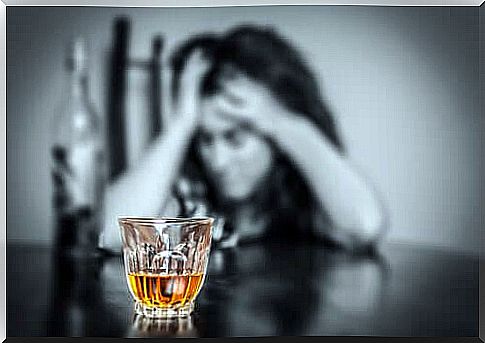
Some effects of consuming a lot of alcohol are:
- Disinhibition combined with euphoria.
- Somnolence.
- Nausea.
- Decrease in reflexes.
- Slowing down of movements.
Alcohol acts on the same receptors as many medically psychotropic drugs, so its effects are similar in some cases. An example of these medications that can act similarly to alcohol are benzodiazepines.
Antidepressants and alcohol
In general terms, the consumption of alcohol is contraindicated during treatment with any type of medication. In the case of antidepressant medications, the reasons are even more serious.
As we’ve seen, some antidepressants work using the same neural pathway – the same mechanism – that alcohol uses. This implies that the combination of antidepressants and alcohol potentiates the individual effects of each of these substances.
The most important consequence of the combination of both substances is the profound depression of the central nervous system. This implies an increase in depressive symptoms and also an increase in disinhibition and violent and uncontrollable behavior.
Likewise, some sedative effects are potentiated, such as:
- Decrease in alertness.
- Increased drowsiness.
- Decrease in coordination and control of movements.
- Decrease and slowdown of motor skills.
- Slowing of reflexes.
- Decreased memory capacity.
On the other hand, there is also an increase in psychotropic effects due to the ability of some antidepressant drugs, such as MAOIs, to inhibit the metabolism of alcohol in the liver.
In this way, the metabolic oxidation reactions of substances such as alcohol and other drugs are inhibited and, as a consequence, the effects on the central nervous system are enhanced.
Another important consequence of the combination of antidepressants and alcohol is the potentiation of their side effects. One example, among many others, is sleep disorders.
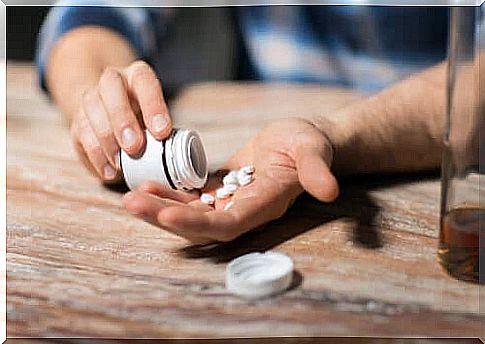
Antidepressants for the treatment of alcoholism
Alcoholism is a complex condition in which many factors are present. As we mentioned earlier, the condition is closely related to depression. In fact, some symptoms of alcoholism are treated with psychotropic drugs such as anxiolytics or antidepressants.
Currently, the use of antidepressants is being studied even in the tobacco cessation phase. Some examples of remedies that are used are trazodone, venlafaxine and fluoxetine.
Selective Serotonin Reuptake Inhibitors, SSRIs, have been shown to be effective for alcohol withdrawal syndrome symptoms as well as for reducing uncontrollable substance craving behavior.
On the other hand, antidepressants are also useful when, during the treatment of alcoholism, severe depressive episodes occur. In fact, there are many cases of patients with depression and alcohol dependence at the same time. The treatment of these patients represents a great challenge.
In conclusion, the combination of antidepressants and alcohol has important effects on our body. We must know its consequences and avoid the complications that can arise from its joint use.
During a pharmacological treatment, it is essential to follow the specialist’s guidelines and clarify any doubts we may have.


